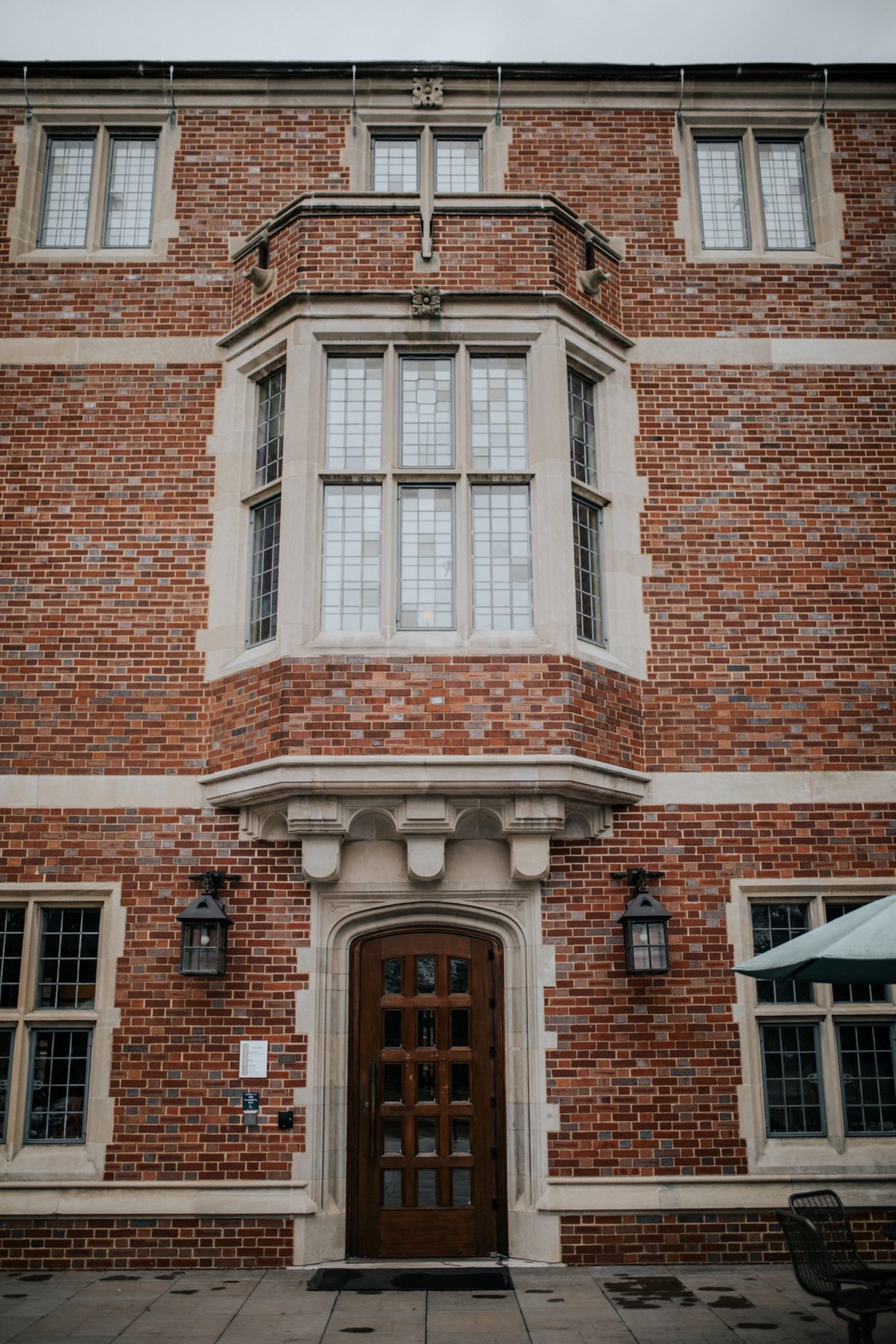Recent protests concerning racial justice and equity have brought attention to America’s prison-industrial complex and how people experiencing incarceration are often disenfranchised. What some students are unaware of is how their university may be complicit in supporting the labor of people experiencing incarceration and the unsanitary conditions in prisons.
Supporting the Forced Labor of People Experiencing Incarceration
The 13th Amendment legally abolished enslavement, but left a loophole for “a punishment for crime whereof the party shall have been duly convicted”. This exception to the Amendment has been linked by activists and scholars to how the American prison system incarcerates Black Americans more than five times the rate of white people. As a result, people experiencing incarceration are not protected by minimum wage laws, and as a result, the average hourly wages for people experiencing incarceration nationally range from only $.14 to $.63 an hour.
Universities support unjust and low wages in prisons by contracting furniture from companies that utilize the labor of people experiencing incarceration. Public schools in Virginia, like my university, the University of Virginia, as well as George Mason University and the University of Mary Washington are required to buy furniture from Virginia Correctional Enterprises, a company that relies on the labor of people experiencing incarceration to create their products. According to a report from Inside Higher Ed, this issue is not limited to Virginia–The University of Wisconsin System, the University of Maryland System, and the State University of New York system all are required to use “correctional enterprises” as their “preferred source” to supply their furniture.
Marc Howard, director of the Prison and Justice Initiative has stated that working while experiencing incarceration can help people find “structure” and “prepare for reentry”, but these workers are still deserving of living wages.
Food Service
Additionally, many of the private companies that universities employ for dining services also cater to prisons, and contribute to unsanitary and dangerous food conditions for people experiencing incarceration.
Many universities contract their dining and food services to a third party provider. Some of the largest, common third-party providers, such as Sodexo and Aramark, also provide dining services to private prisons, forcing students to also support these industries if they buy a meal plan.
Prisons have cut costs by employing these same private companies for certain custodial functions, such as food service. However, because of this privatization, companies are focused mostly on profit, often serving lower-quality food in poorer conditions to increase profits at the expense of the people experiencing incarceration’s wellbeing. The food served by these industries at prisons is often substantially lower quality than the food served to students, endangering the health of both people experiencing incarceration and those who work at the prisons.
In 2015, Aramark came under fire for serving rat and maggot-infested foods in Michigan prisons, and a study showed that Michigan prison guards often refused to eat Aramark food due to the lack of sanitation. Similarly, unsanitary conditions were found in Ohio prisons.
Kevin “Rashid” Johnson, who experienced incarceration at an Indiana prison stated that Aramark’s meals for people experiencing incarceration often fell below the 2500 calorie minimum that people in prisons are required to receive. He also described how the “meat” given to prisoners was often not “real meat” and was instead loaded with fillers or soy, but people could buy “real meat” products from the commissary, thereby increasing Aramark’s profits but decreasing access to satisfying and nutritious food for people experiencing incarceration.
This issue is not new, but has been gaining social media traction in recent years and has been brought to light by student activist groups. As early as 2008, students at the University of Minnesota published articles in their student newspaper to pressure the university to end its contract with Aramark on the basis of “poor treatment of student staff”. Students around the country have protested their university’s ties to Aramark and similar companies. In February of 2018, the Incarcerated to Education Coalition at New York University staged a protest on the steps of a student building to advocate for the University to cut ties with Aramark. Students at Scripps College in Claremont, California formed a student coalition to protest the University’s contract with Sodexo, due to Sodexo’s involvement with for-profit prisons in Europe, poor working conditions for their workers, and low wages.
How to Take Action
Fortunately, some student advocacy is working–after the student campaigns, New York University declined to renew their contract with Aramark. Despite this and pressure from other student groups, colleges across the nation still have contracts with Aramark, and students are forced to buy meal plans and support the company.
If you are concerned about your institution’s connection with Aramark or other companies that mistreat people experiencing incarceration, you can search your school newspaper to see what advocacy has happened in the past, and look into what student groups are doing now to protest injustice. @Z.arabee on Instagram has created this helpful Instagram story guide on how and why you can urge your institution to end its contract with Aramark or similar companies.
If Universities truly claim to value Black lives, they will stop supporting industries that profit off of the disproportionate incarceration of Black Americans and exploit their labor.
- How can you be a better advocate for survivors this semester? An Interview with the Every Voice Coalition - August 7, 2020
- How are environmental racism and COVID-19 connected? - July 28, 2020
- What is Happening in Portland? - July 21, 2020
